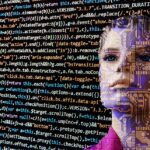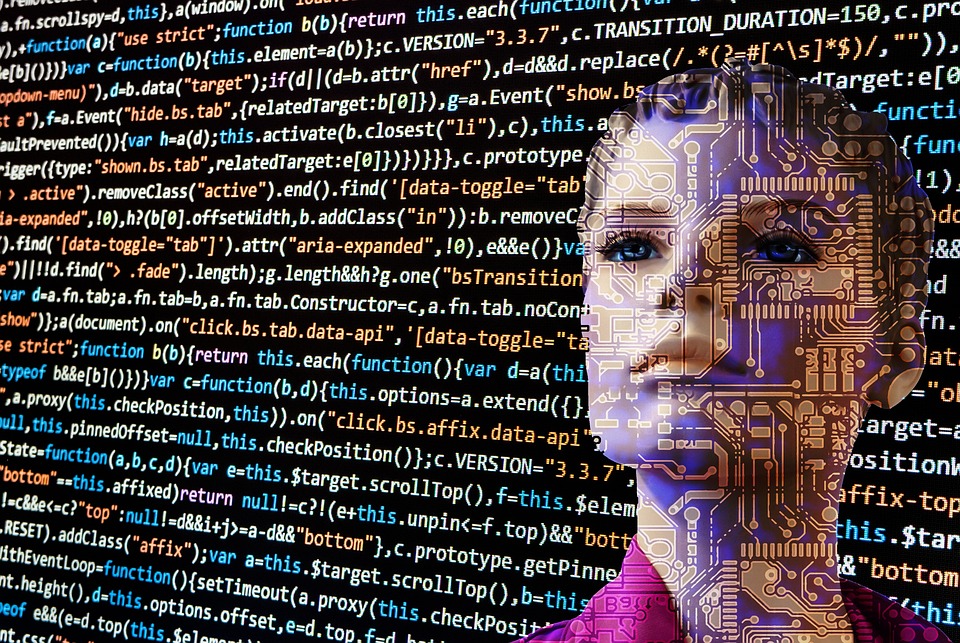Revolutionizing Campus Education: Adapting to the Digital Era
The advent of the digital era has not only transformed the way we communicate and interact but has also revolutionized the way education is delivered. With the integration of technology in almost every aspect of our lives, it is only natural that the education sector follows suit. In recent years, universities and colleges around the world have been taking significant steps to adapt to the digital era and provide a more seamless and engaging learning experience for students.
One of the most notable changes in campus education is the shift from traditional classrooms to online learning platforms. Online courses and programs have gained popularity due to their flexibility and accessibility. Students can now take classes at their own pace and from the comfort of their homes, eliminating the need for commuting and adhering to rigid schedules. This shift has proven especially beneficial for non-traditional students, such as working professionals or those with familial responsibilities, who can now pursue education while juggling other commitments.
Digital textbooks and e-resources have also contributed to the revolutionizing of campus education. Traditional textbooks are often expensive, heavy, and prone to wear and tear. However, digital textbooks offer a cost-effective and environmentally friendly alternative. With just a few clicks, students can access a vast library of resources, including scholarly articles, videos, and interactive materials, that enhance their learning experience. Additionally, e-resources enable students to annotate, highlight, and search for specific keywords, making studying more efficient and tailored to individual needs.
In recent years, virtual reality (VR) and augmented reality (AR) have gained traction in the education sector. By implementing VR and AR technologies, campuses provide students with immersive and interactive learning experiences. For instance, medical students can virtually dissect a human body, engineering students can visualize complex structures, and history students can visit historical sites from the comfort of their classrooms. This technology ensures that students not only understand the theoretical aspects but also develop practical skills and critical thinking abilities through hands-on experiences.
Another significant development in campus education is the utilization of artificial intelligence (AI) and machine learning. AI-powered chatbots and virtual assistants are increasingly being used to provide instant and personalized support to students. These digital helpers can answer questions, offer guidance, and even provide feedback on assignments. AI algorithms are also being used to analyze data and generate actionable insights about student performance, enabling teachers to identify areas of improvement and provide targeted interventions. This personalized approach helps students stay motivated and engaged throughout their educational journey.
Furthermore, the digital era has witnessed the rise of collaborative platforms and online discussion forums that facilitate peer-to-peer learning. Students can now share ideas, collaborate on group projects, and engage in meaningful discussions with classmates from all over the world. This not only fosters a sense of global awareness and cultural understanding but also enhances critical thinking and problem-solving skills by considering multiple perspectives.
As campus education continues to evolve in the digital era, it is essential for institutions to address potential challenges. Internet connectivity and access to technology remain barriers in some areas, limiting the reach of online education. Inclusivity and ensuring equal opportunities for all students should be a priority. Additionally, educators must adapt their teaching methods to suit the digital environment, focusing on fostering interactive and engaging experiences that leverage technology’s full potential.
In conclusion, the digital era has revolutionized campus education, presenting numerous opportunities to enhance the learning experience. Universities and colleges must adapt to the changing landscape by embracing online learning platforms, digital resources, VR, AR, AI, and collaborative platforms. By doing so, educational institutions can provide a more accessible, personalized, and interactive environment that prepares students for success in the digital age.









